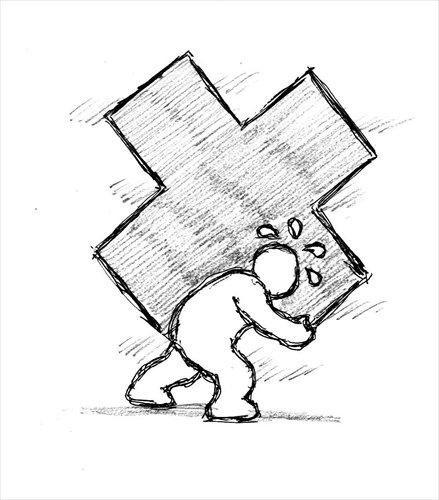
What’s the medical term for ‘free’?
By Robert Parkinson
In the early August this year, I came down with a horrendous cold. Fearing the worst, my wife convinced me to go to the hospital to get a proper diagnosis and treatment.
After innumerable trials and no little hardship, I finally managed to register myself and set an appointment on an online reservation system. Just before going out the door, my wife reminded me to take my Chinese social security card with me to hospital.
Frankly speaking, I don’t know much about how a social security card works. I know that in US, people have social security cards, but in the UK, where I’m originally from, the healthcare system is tax-based. Under the National Health Service (NHS), British nationals do not need to pay for any treatment we receive in public hospitals. The government is directly responsible for the medical bill, and the concept of medical care being “free at the point of delivery” is an important one for the Brits.
So when I took out my social security card after my consultation with the doctor, I didn’t quite know what to expect. It was my first time using it. The moment I took it out from my wallet, I saw the doctor’s eyes widen and his jaw drop. Apparently, it isn’t so common for an expat to have a Chinese social security card. But of the thousands of foreigners who live and work in Beijing, I mustn’t have been the only one, right? Eventually, the doctor regained his composure, and asked me if I wanted to use the card to pay for my medical expenses. Of course I did! I would be delighted if the Chinese government could pay for my medical bill.
In this case, the doctor said, some of the prescriptions he had given me would have to be changed. He said that the government health care system only covered certain prescriptions, and not others. Did that mean the government only paid for cheaper medications, or those of poorer quality? I was a little confused.
I was sent to queue in a line to pay for my consultation and the medication I had been given. After what felt like an interminable wait, I finally swiped the social security card in the machine, only to be told I still needed to pay the bill.
What? I tried explaining that I shouldn’t need to pay, that I had been told that this card meant the government would be paying for my medical expenses. But the woman at the counter seemed just as befuddled by my protestations as I was by her insistence that I needed to pay. Finally, a young man who was in the queue behind me came to the rescue.
Apparently, I still needed to pay. The money would later be reimbursed to me, once my medical bills exceeded 1,800 yuan ($294.42). I could only apply for one reimbursement per year. Looking at my 600 yuan medical bill, I realized it would have to be put off for another time.
I think the Chinese social security card is a great idea. But for expats like me, perhaps a little explanation as to how it can be used would go a long way.
To read the Original Post

